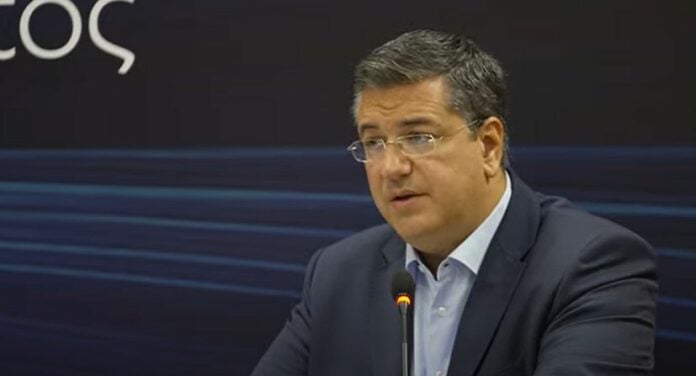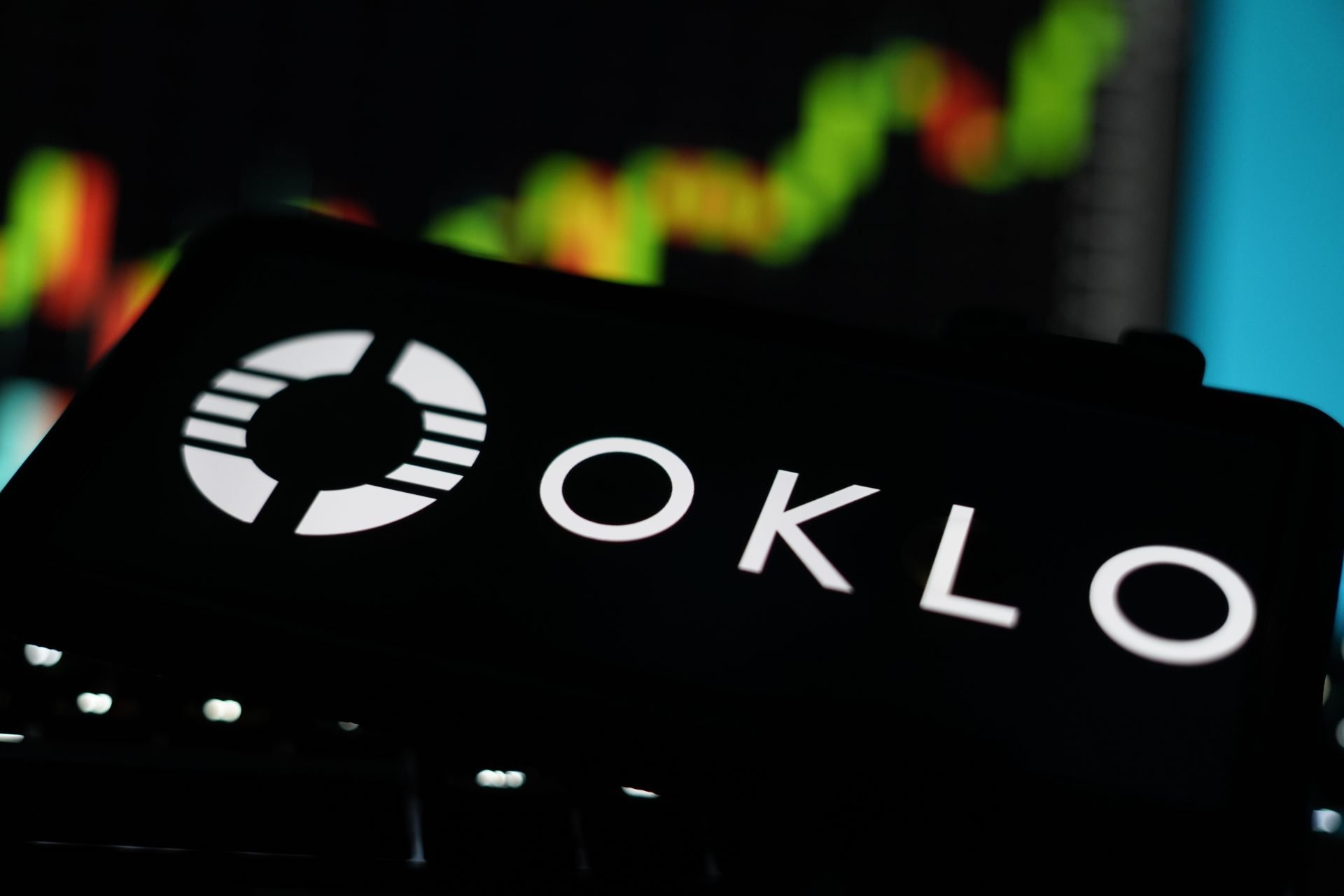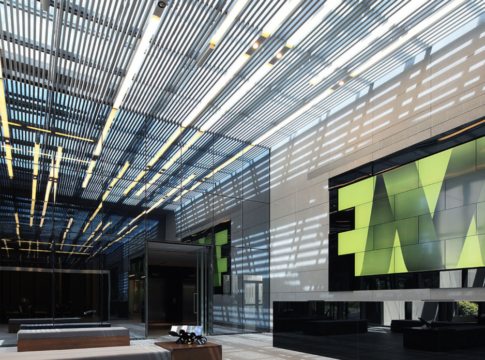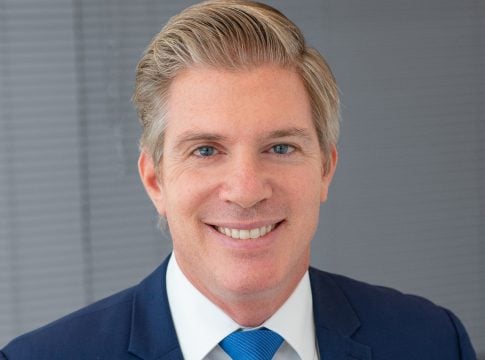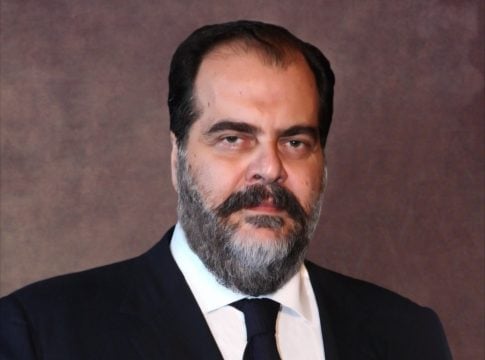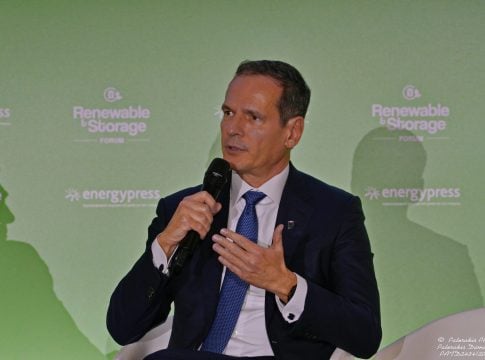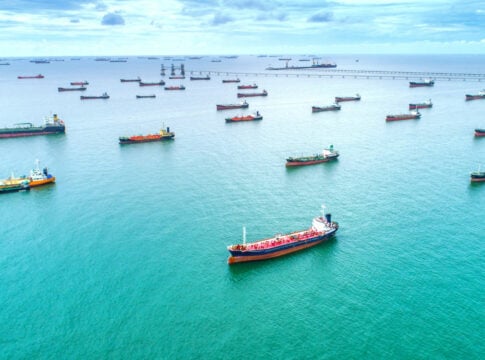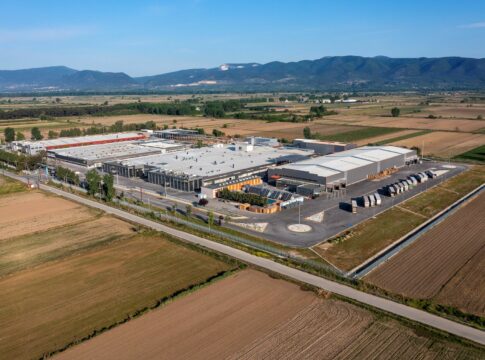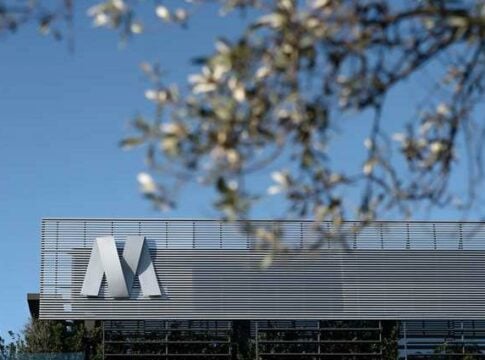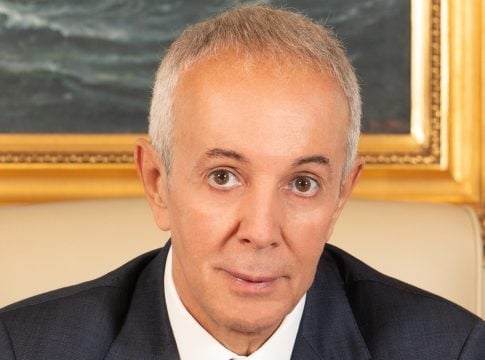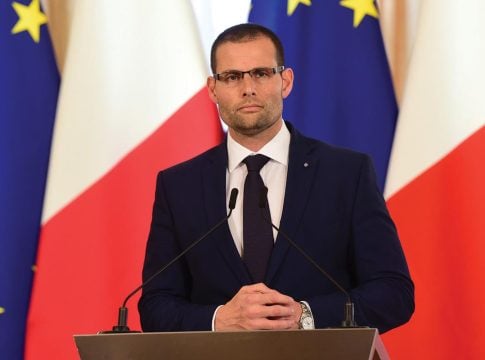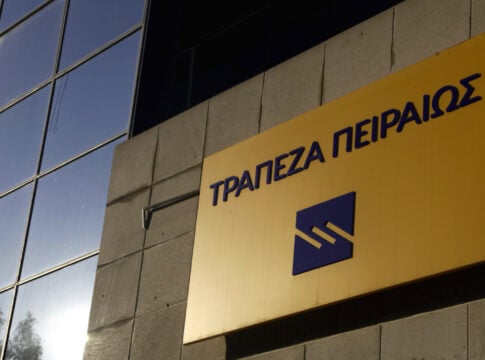EU Commissioner for Sustainable Transport and Tourism, Apostolos Tzitzikostas, referred to the issues of European investments in infrastructure, the ‘Defense Schengen’ and the new strategy for tourism and shipping at the “Naftemporiki” Forum.
The Commissioner underlined Greece’s role as a hub for trade, energy and security in the Mediterranean.
“Naftemporiki” and the values of the Press
At the beginning of his intervention, Tzitzikostas spoke about the role of Naftemporiki as the foundation of the democratic Press in Greece.
As he said, “Naftemporiki” has always advanced based on 3 principles: Independence, Pluralism and Reliability. “These principles are not given; in many areas of the world, journalists are persecuted and the truth is silenced,” he noted.
“In Europe, the press is the foundation of our democracy. And Naftemporiki is undoubtedly a pillar of this foundation. Because it does not just report, it illuminates the prospects and connects the economy with the public,” he added.
Infrastructures that change everyday life
The Commissioner stressed that transport and infrastructure are not just technical projects, but a strategic sector. He cited as an example the Thessaloniki metro, which was co-financed with European funds and serves over 310,000 passengers daily.
He also referred to the 1.8 billion euros that has already been mobilized for transport projects: 18 maritime projects that modernized 11 ports, 113 million in investments in road axes, airport upgrades and 277 million for the strategic Alexandroupolis-Pythio axis.
Additional European funds
In the new budget, the funds for transport are doubled to 51.5 billion euros, aiming to strengthen the trans-European infrastructure network. “Greece is strategically located and can become a trade hub,” he stressed.
Shipping and ports: an economic giant
Tzitzikostas focused in particular on the role of shipping, emphasizing that it is one of the most critical sectors of the European and Greek economy. “Shipping is an economic giant for Europe, with Greece having a leading position at a global level,” he said.
Every year, 3.4 billion tons of cargo and 400 million passengers are handled by European ports, with 75% of external trade and one third of internal trade in the EU passing through the sea. “Each port is a strategic asset, not only for the economy but also for security,” he emphasized.
In Greece, 18 projects were implemented with European funding that modernized 11 ports, strengthening the country’s potential to become a hub for combined transport. The Commission is already working on two major strategies, one for ports and one for shipping, which will be presented in early 2026 and will set new rules for the competitiveness, green transition and resilience of the sector.
Unified strategy for tourism
For the first time, the Commission is formulating a unified tourism strategy, covering 10% of the European economy, with 20 million jobs and 3 million SMEs. The aim is for Europe to remain the world’s leading tourist destination. Greece, as the Commissioner said, is in the top 10 worldwide and 5th in Europe.
“At the same time, we must find the balance between the development and prosperity of local communities, and the protection of natural and cultural heritage. To address the shortage of labor, to invest in retraining, to utilize new technologies and of course AI, to promote a unified tourism brand,” he noted.
“Defense Schengen” – Military mobility
The EU Commissioner gave particular importance to defense. “In order to defend a continent, you must first be able to cross it.” Military mobility is a top priority, with European resources increasing tenfold to 17 billion euros.
The aim is to create a “military Schengen”: projects to upgrade road and rail networks that will allow the transport of troops and equipment in three days instead of three weeks.
“What today may take up to 21 days, must be done in 72 hours,” he stressed. These projects, beyond the defense dimension, will also be used by citizens, offering multiple benefits.
“Greece at the center of the Mediterranean”
Concluding, Tzitzikostas underlined: “Greece is not a region; it is a trade gateway, an energy hub and a pillar of security. If we invest smartly and utilize our human resources, the future of Europe and especially of Northern Greece is bright.”


